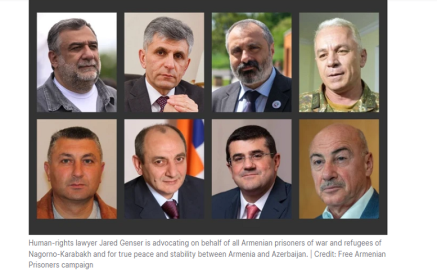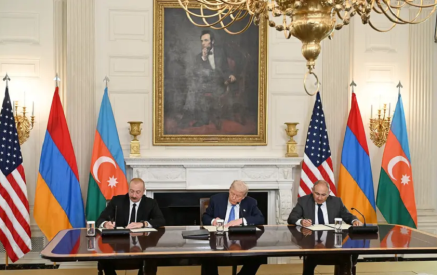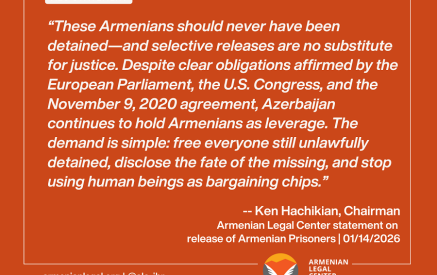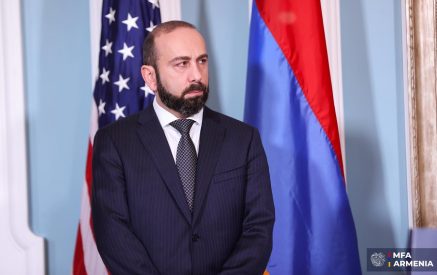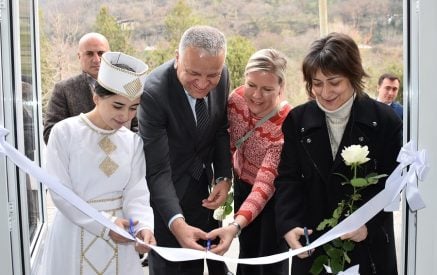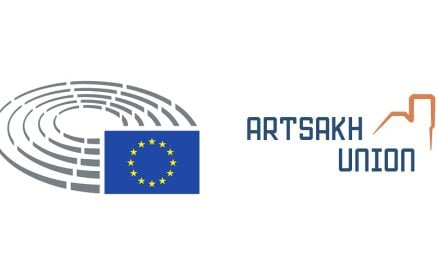In its first report on implementation by Belgium of the Council of Europe Convention on Preventing and Combating Violence against Women and Domestic Violence (known as the “Istanbul Convention”), the Group of Experts (GREVIO) highlights how gender-based violence against women is relatively invisible within Belgian policies.
Gender neutrality in the titles of laws, circulars or action plans is perpetuated or even made worse by a tendency to put women and men on an equal, symmetrical footing among the victims and perpetrators of the types of violence covered by the convention. Gender-neutral policies carry the risk that interventions by professionals may not be gender-sensitive, which can lead to gaps in protection and support for women and contribute to them suffering secondary victimisation. In addition, policies to combat violence against women have been slow to mainstream the issue of multiple discrimination and to address the full range of groups affected by violence, even though measures exist to help specific target groups such as people with disabilities.
Concerns are also expressed about the fact that funding for policies to combat violence against women is difficult to decipher, and about the downward trend and/or inadequacy of the resources allocated, including where co-ordination mechanisms are concerned. While the report welcomes the willingness of the public authorities to support and work in synergy with associations specialising in the prevention of violence against women, it emphasises disparities in the support given to such associations across the country, with a tendency for the authorities in Flanders to rely on a voluntary sector which is more generalist, and structured around the sphere of well-being, public health and family. Lastly, the report draws the attention of the authorities to the financial insecurity faced by these associations, for want of sufficiently developed structural funding, geared to their needs.
Council of Europe
















